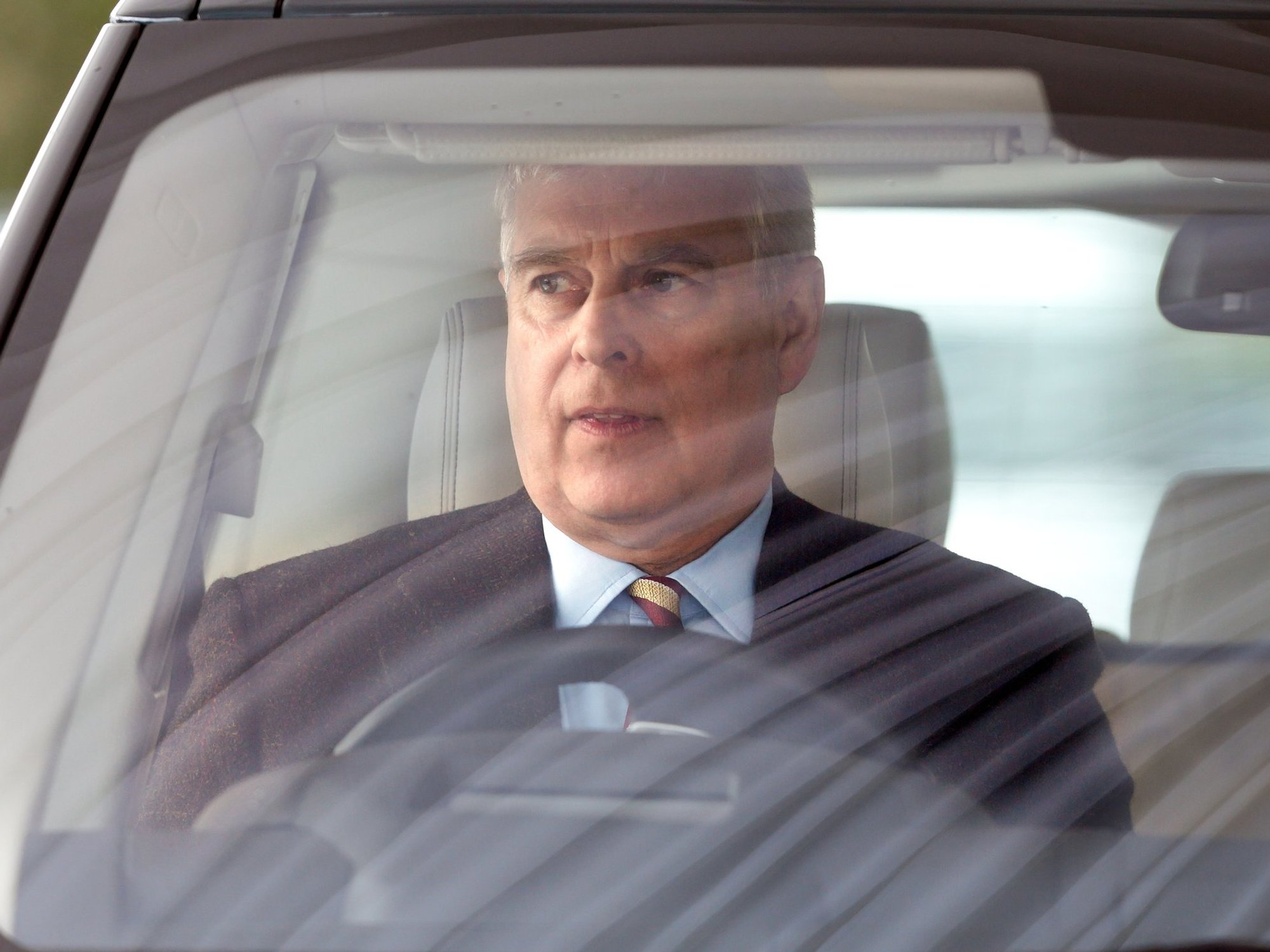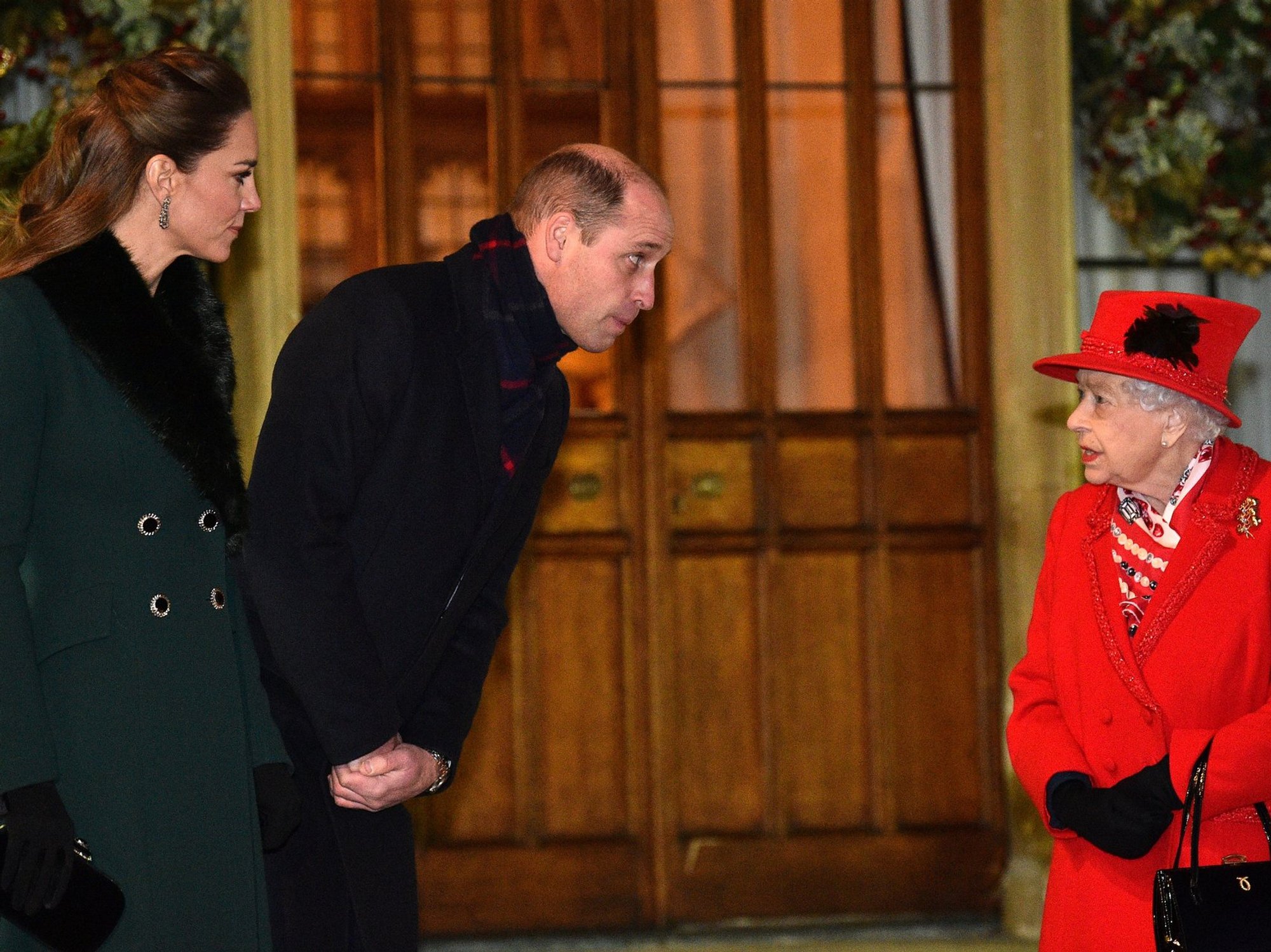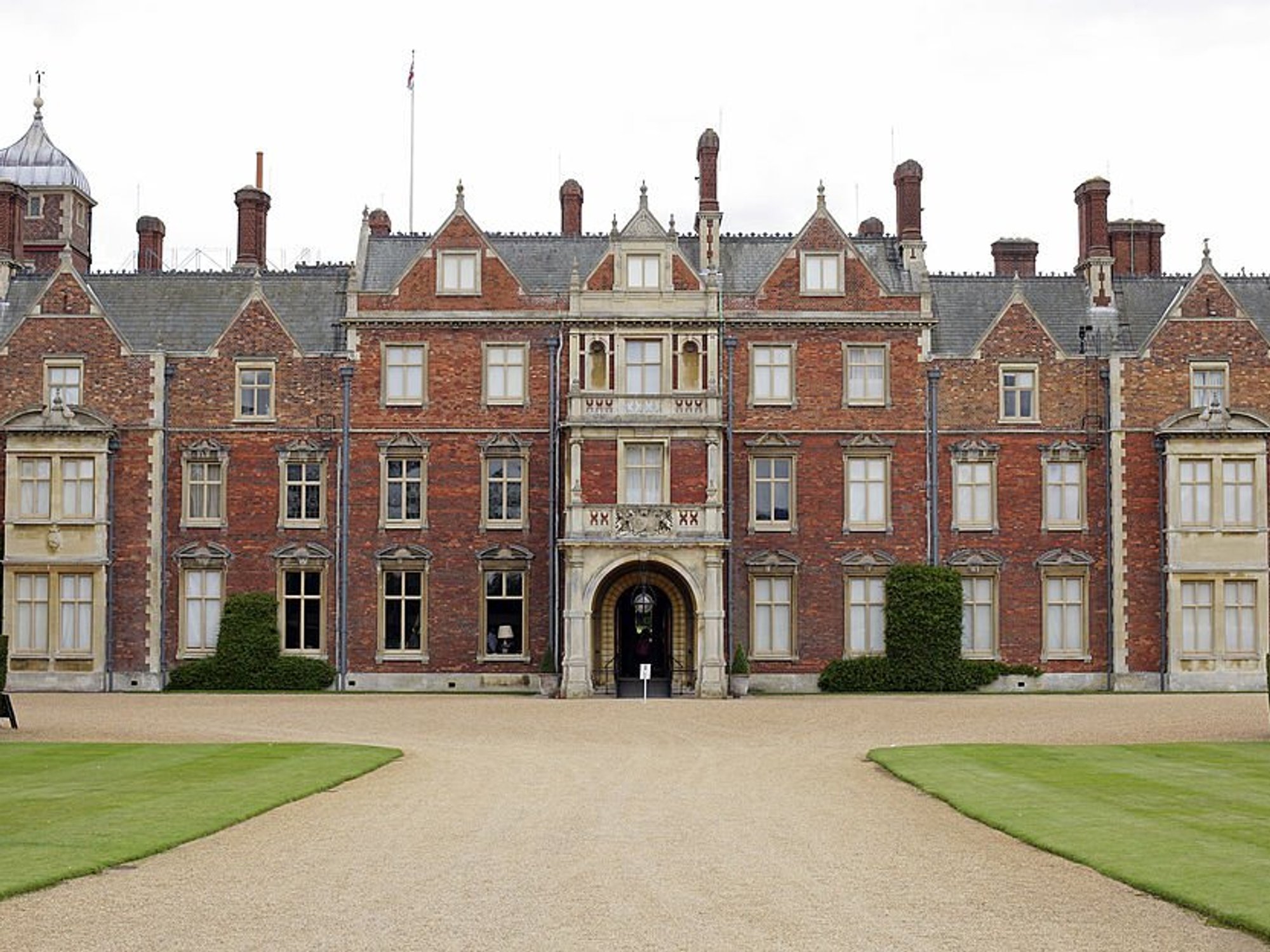Struggling with slow internet? BT has failed to invest enough in full-fibre broadband, rival claims
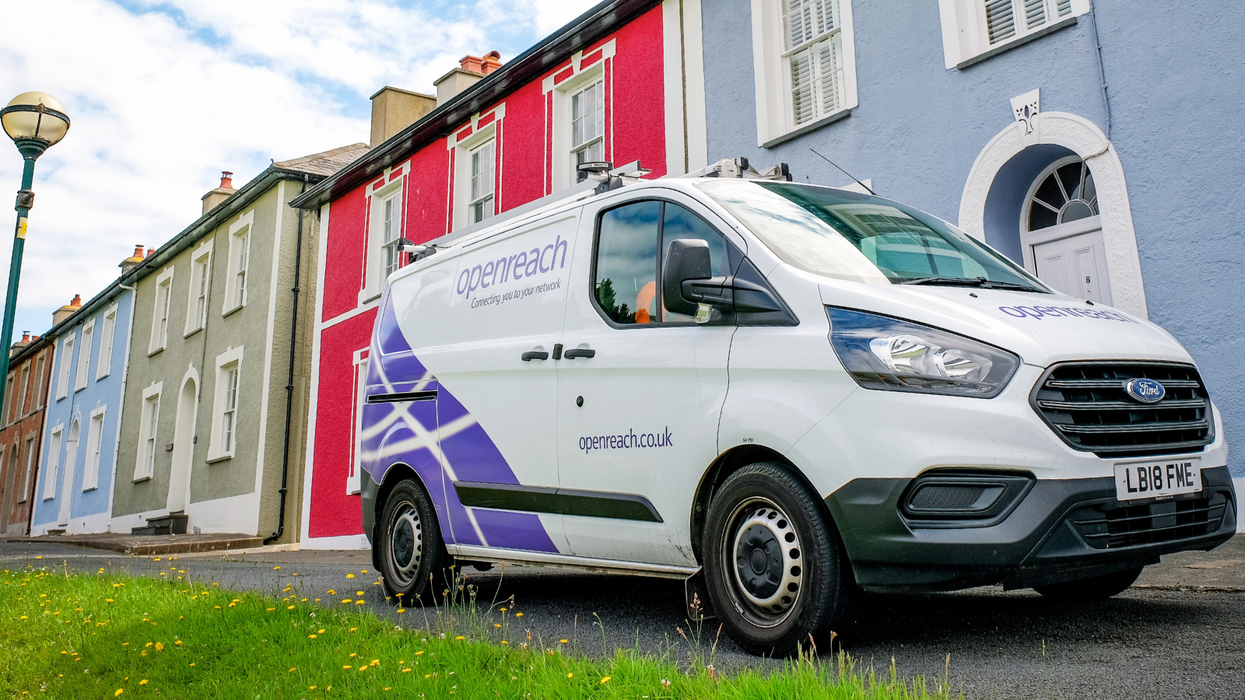
Openreach, which is owned and operated by BT, plans to build-out its full-fibre network to 25 million homes by December 2026
|OPENREACH PRESS OFFICE

Nexfibre boss has accused BT of behaving like a “typical monopoly” and dragging its feet with investment
- Nexfibre executive says competition from start-ups spurred BT into action
- His company plans to connect 5 million homes by the end of 2026
- Full-fibre connections can offer download speeds of up to 2,000Mbps
- That compares to an average broadband speed of 69Mbps nationwide
Don't Miss
Most Read
Latest
BT has failed to invest enough money into its nationwide full-fibre broadband network, that's according to the boss of a rival internet supplier.
Rajiv Datta, chief executive of full-fibre brand Nezfibre, has accused BT of behaving like a “typical monopoly”. Mr Datta told The Daily Telegraph that BT had dragged its feet and only started to seriously invest in the next generation of internet when faced with competition from his firm and others.
“When you have somebody that has the dominant market share and has had the benefits of being the incumbent all these years, not investing in that core infrastructure is a typical behaviour of a monopoly,” he said.
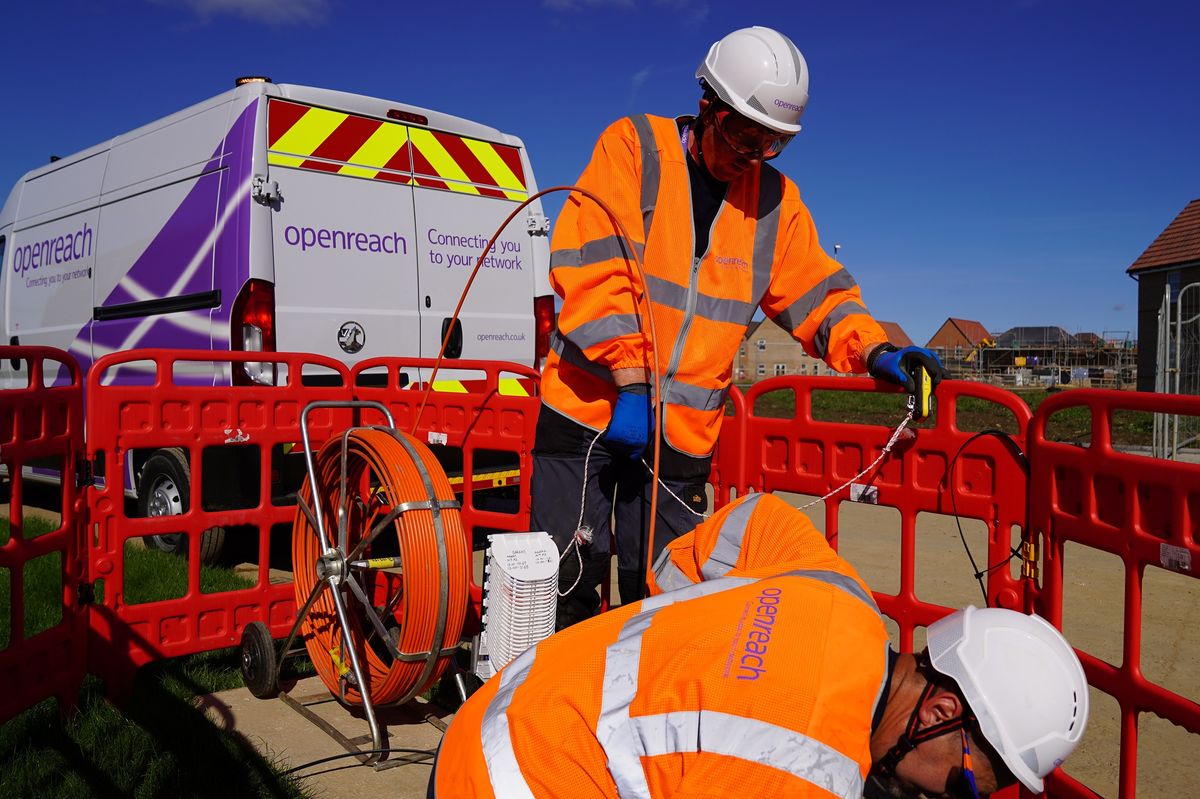
Openreach will upgrade more homes to full-fibre connections than any other company, with Nexfibre following in second place
|OPENREACH PRESS OFFICE
Openreach, which operates a nationwide broadband network connected to 99% of all homes and businesses, is owned by BT. The average broadband speed across the UK was measured at 69Mbps last year, according to figures published by regulator Ofcom.
Since 2013, Openreach has offered full-fibre connections in parts of the UK. However, the infrastructure brand has invested heavily in upgrades in recent years, promising to spend £15 billion to connect 26 million homes to the future-proofed broadband connection by 2026.
Openreach is now over halfway to its goal, serving over 12.5 million homes, businesses, and public services with full-fibre cables capable of reaching download speeds up to 1Gbps. That's 1,000Mbps.
According to Mr Datta, the acceleration of this roll-out only started when faced with new competition from full-fibre start-ups, like Nexfibre and Cityfibre. He said: “I think Openreach has seen the impact of that in terms of customers valuing full-fibre and, frankly, moving and transitioning away from that historical, legacy infrastructure. There was no incentive for them to invest, there was no real competition.
“They’re now sensing that there is some competition and that’s gotten them moving.”
Nexfibre plans to connect 5 million homes to its full-fibre network by the end of 2026. Virgin Media relies on its network to offer download speeds of 2,000Mbps. This newly launched plan, known as Gig2, is twice as fast as the previous fastest internet connection from Virgin Media.
Nexfibre already serves homes in Belfast, Cardiff, London and Glasgow. It plans to spend £1 billion this year to scale up its infrastructure across Wales and Scotland.
Despite this partnership with Virgin Media, the Nexfibre chief downplayed suggestions that the companies, which are both jointly owned by Liberty Global and Telefonica, could eventually merge.
Instead, Mr Datta described the brands as “siblings”.
According to the executive, Nexfibre will connect more people to full-fibre broadband than any other UK brand, apart from BT-owned Openreach. In total, Nexfibre will spend £4.5 billion by the end of 2026. Mr Datta said he hoped to “drive a competitive dynamic with the one incumbent that we have in this country for a long period of time.”
It comes as Government figures revealed that 8 out of 10 British households can now access fast broadband. However, a troubling new report revealed that slow uptake of these full-fibre broadband plans could leave millions without internet access over the next decade.








